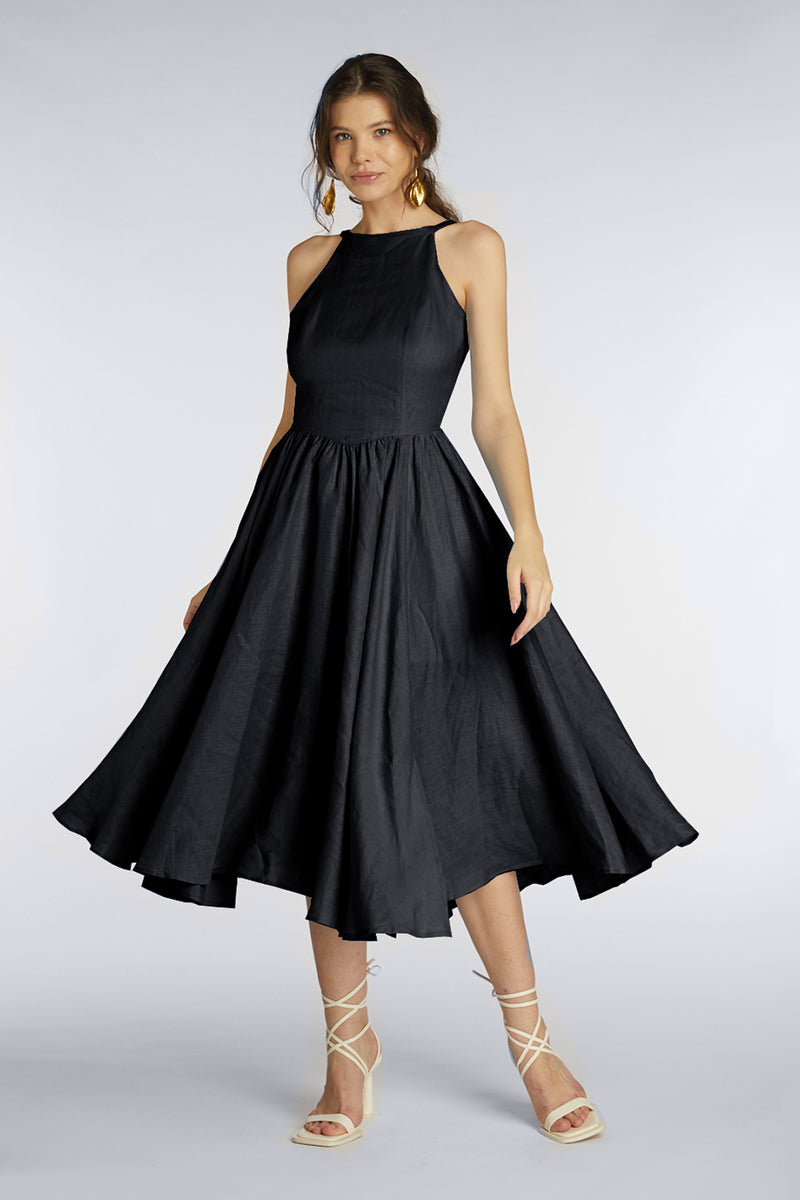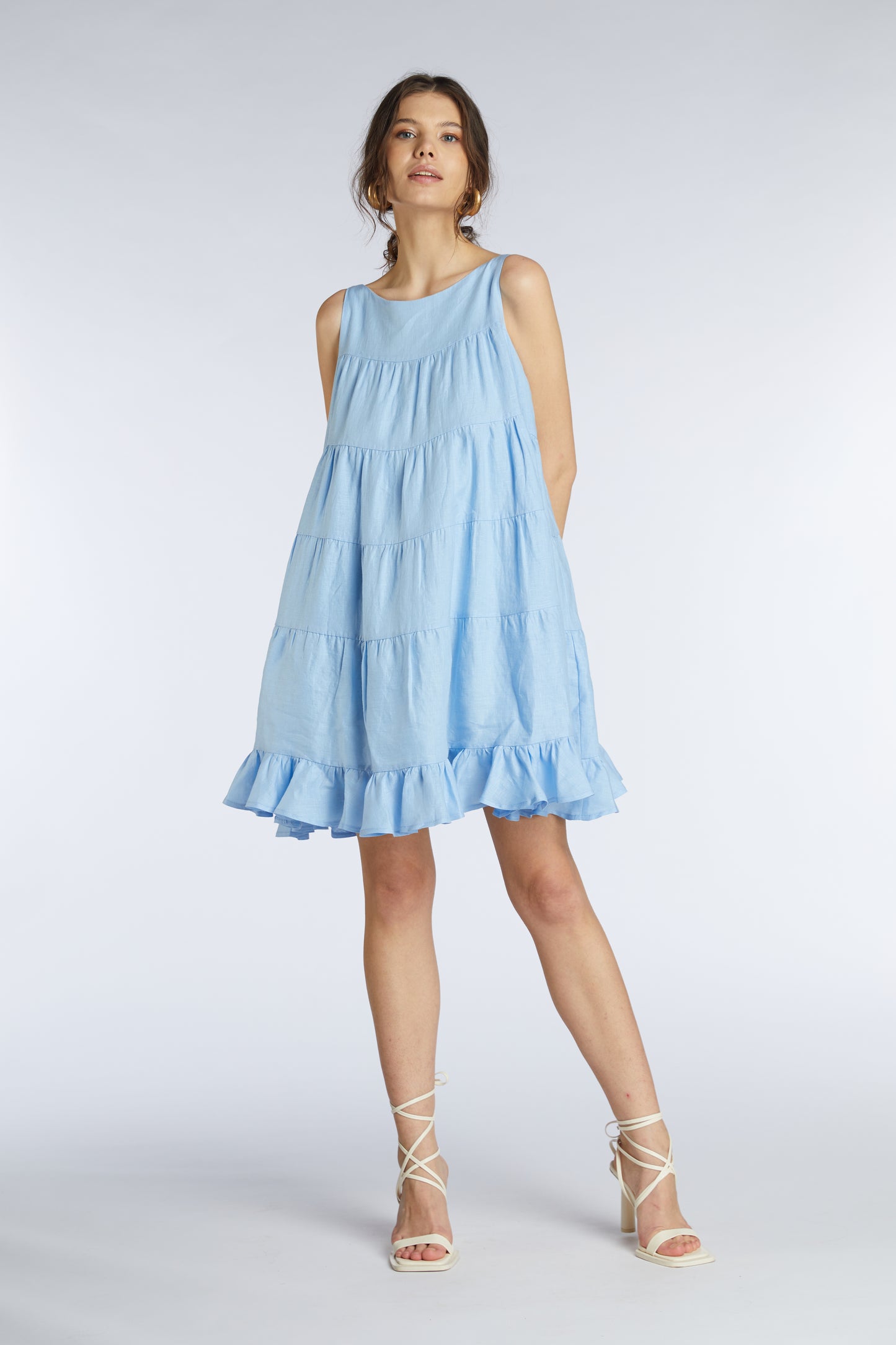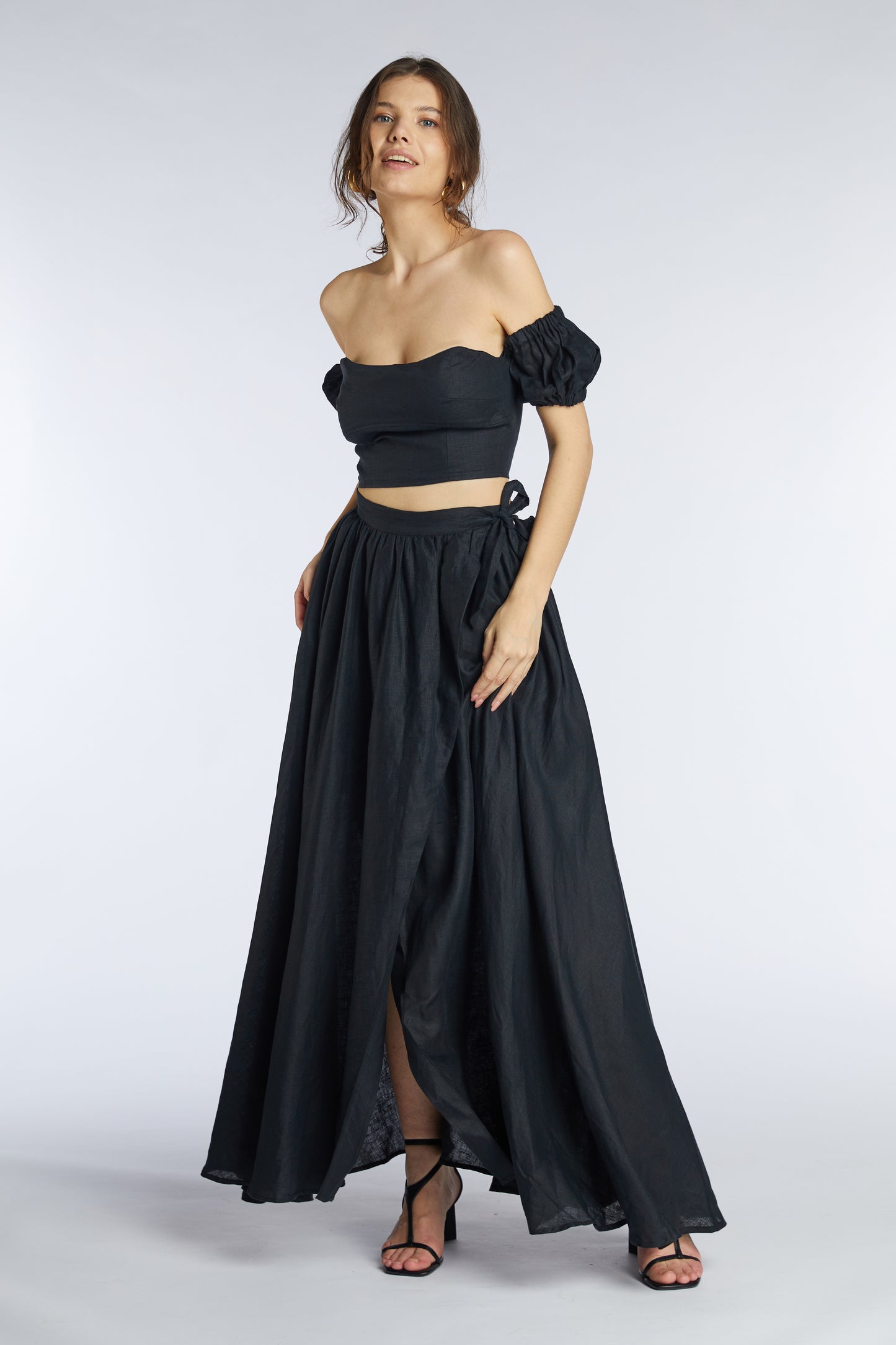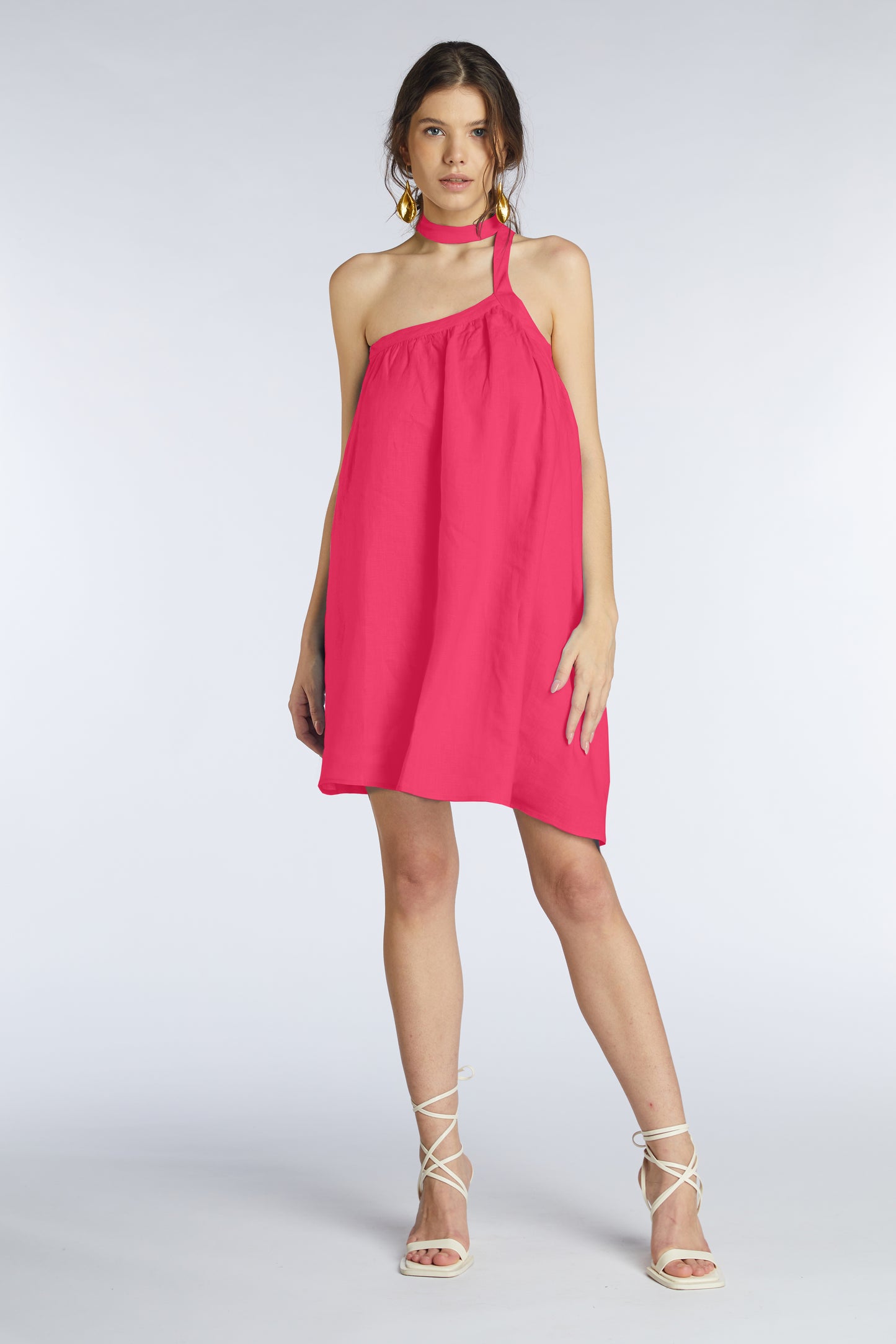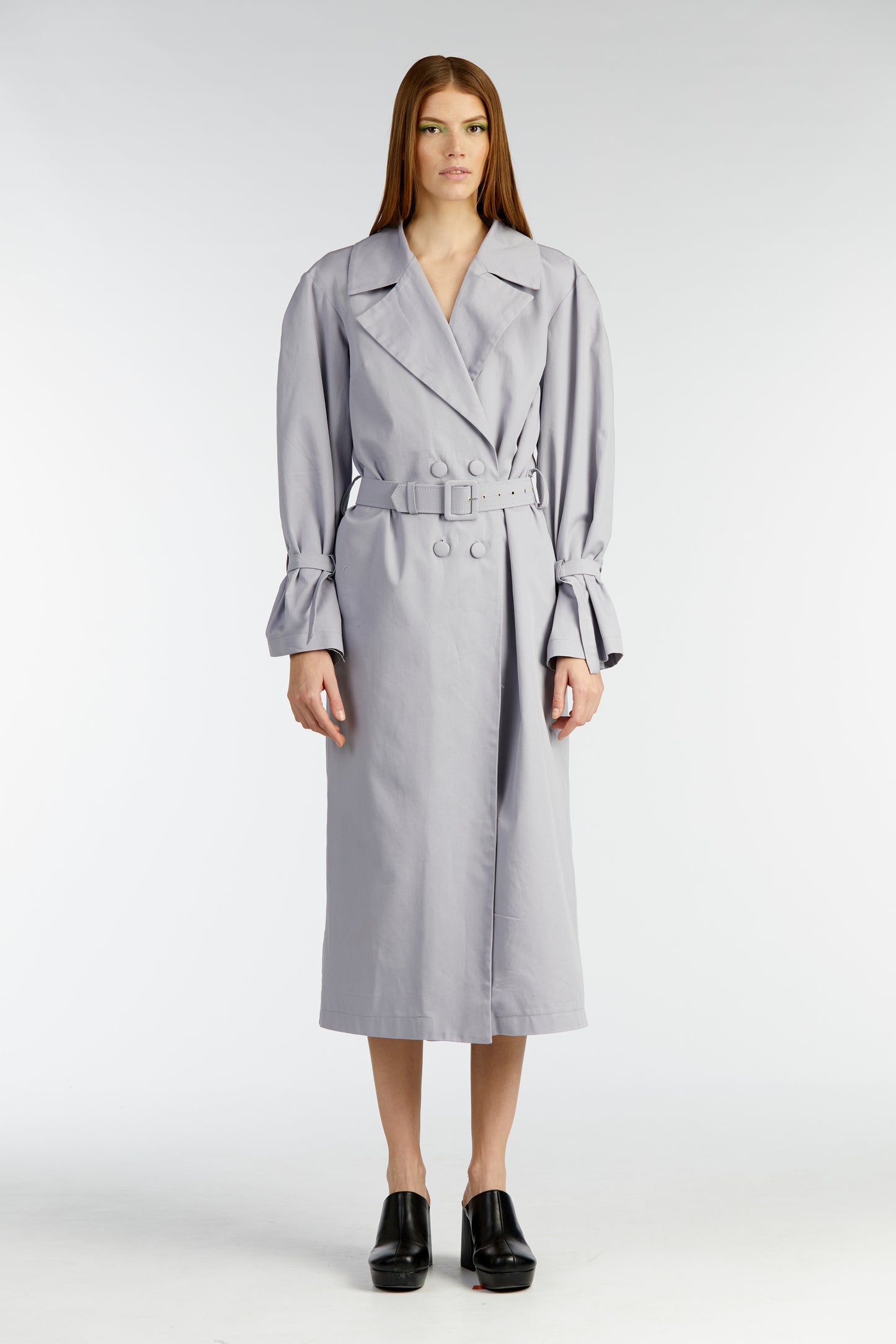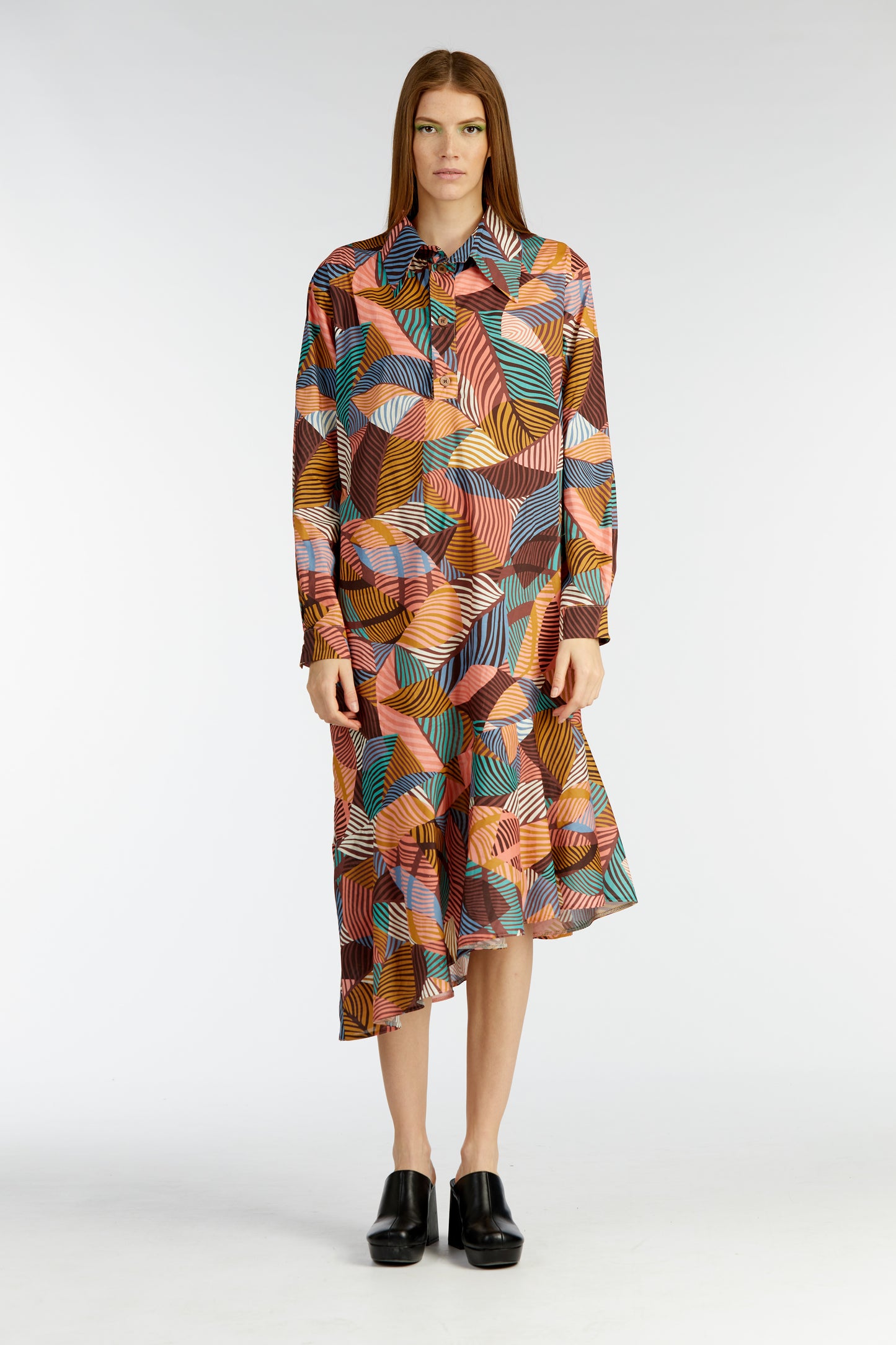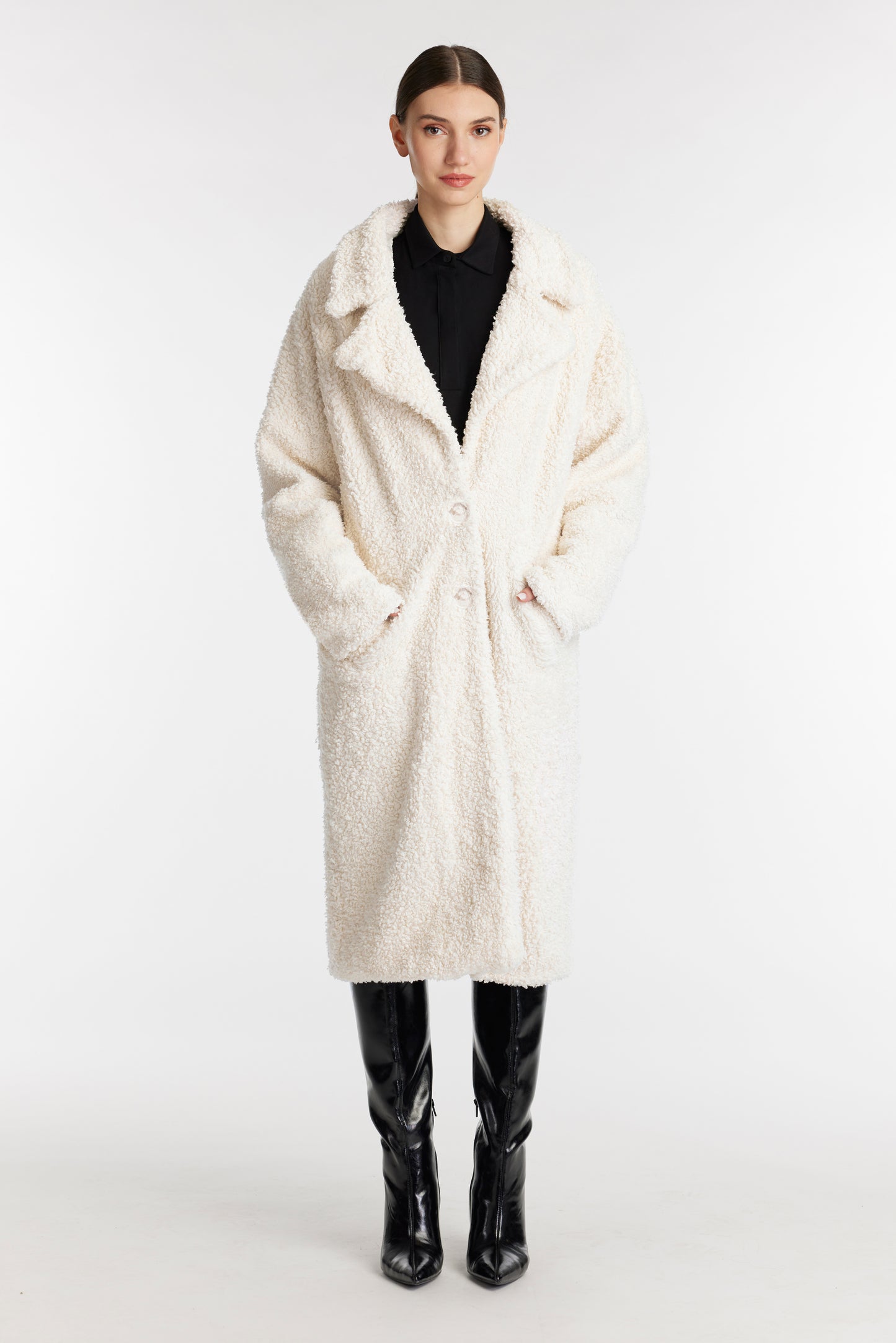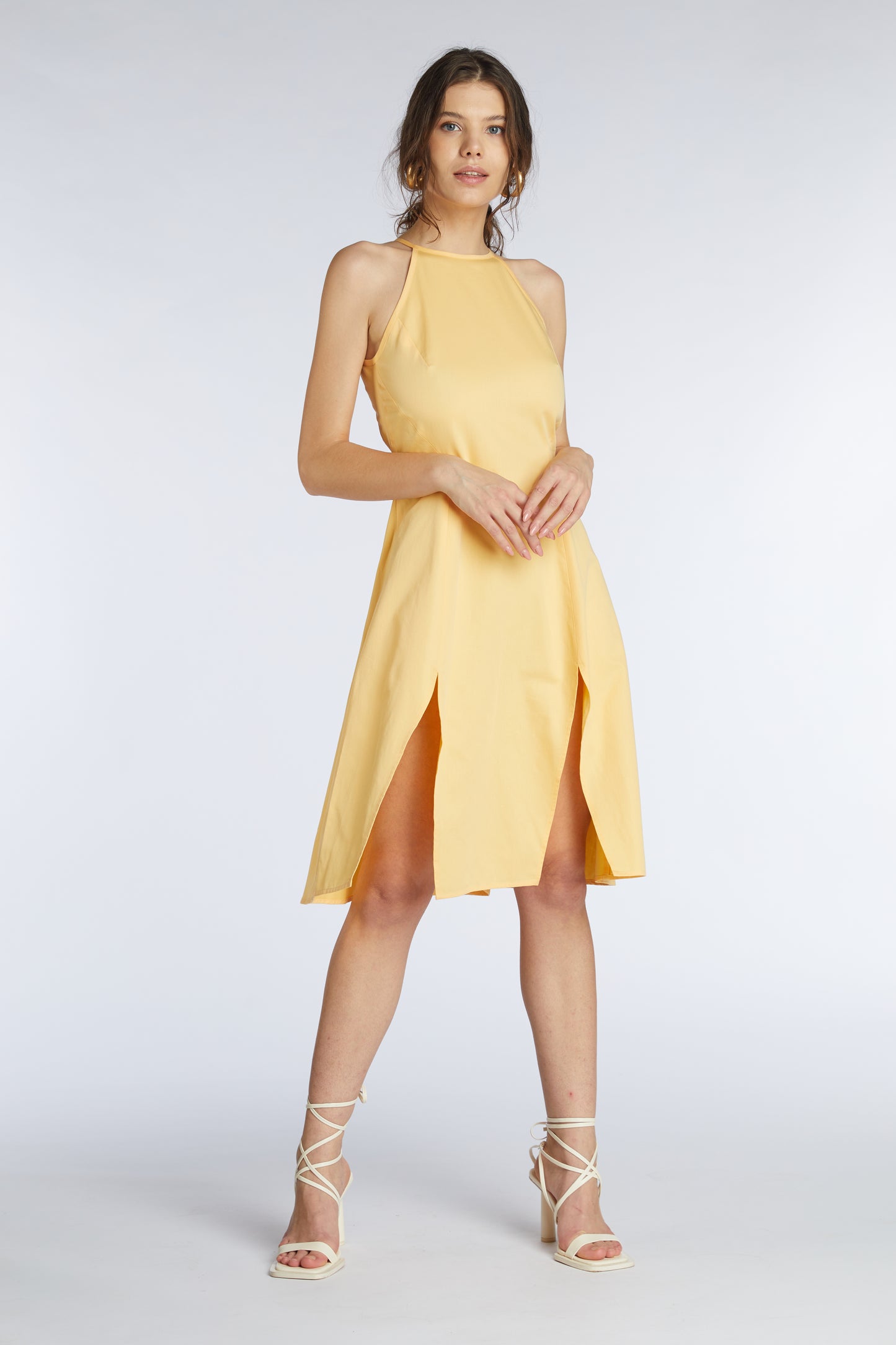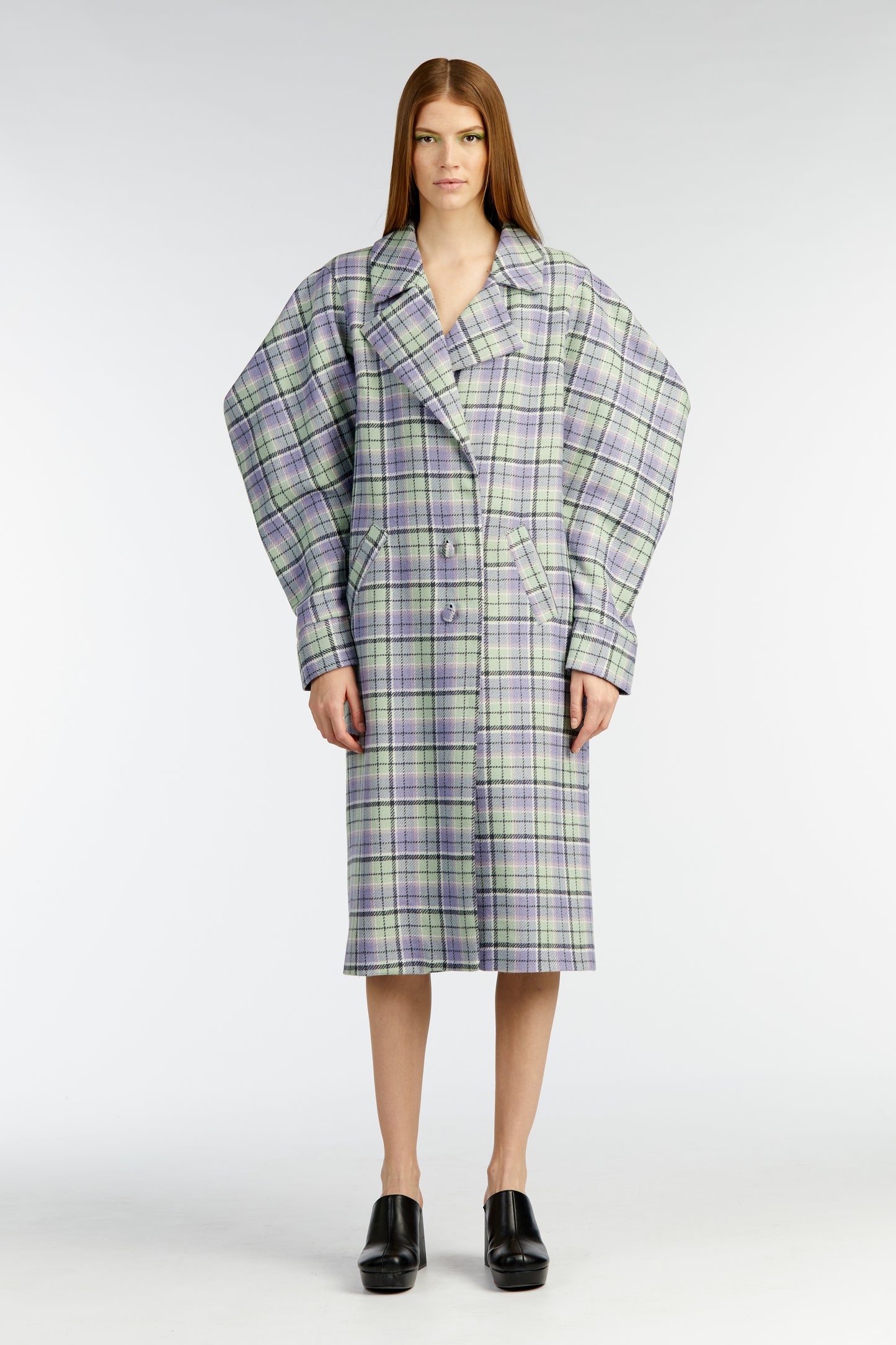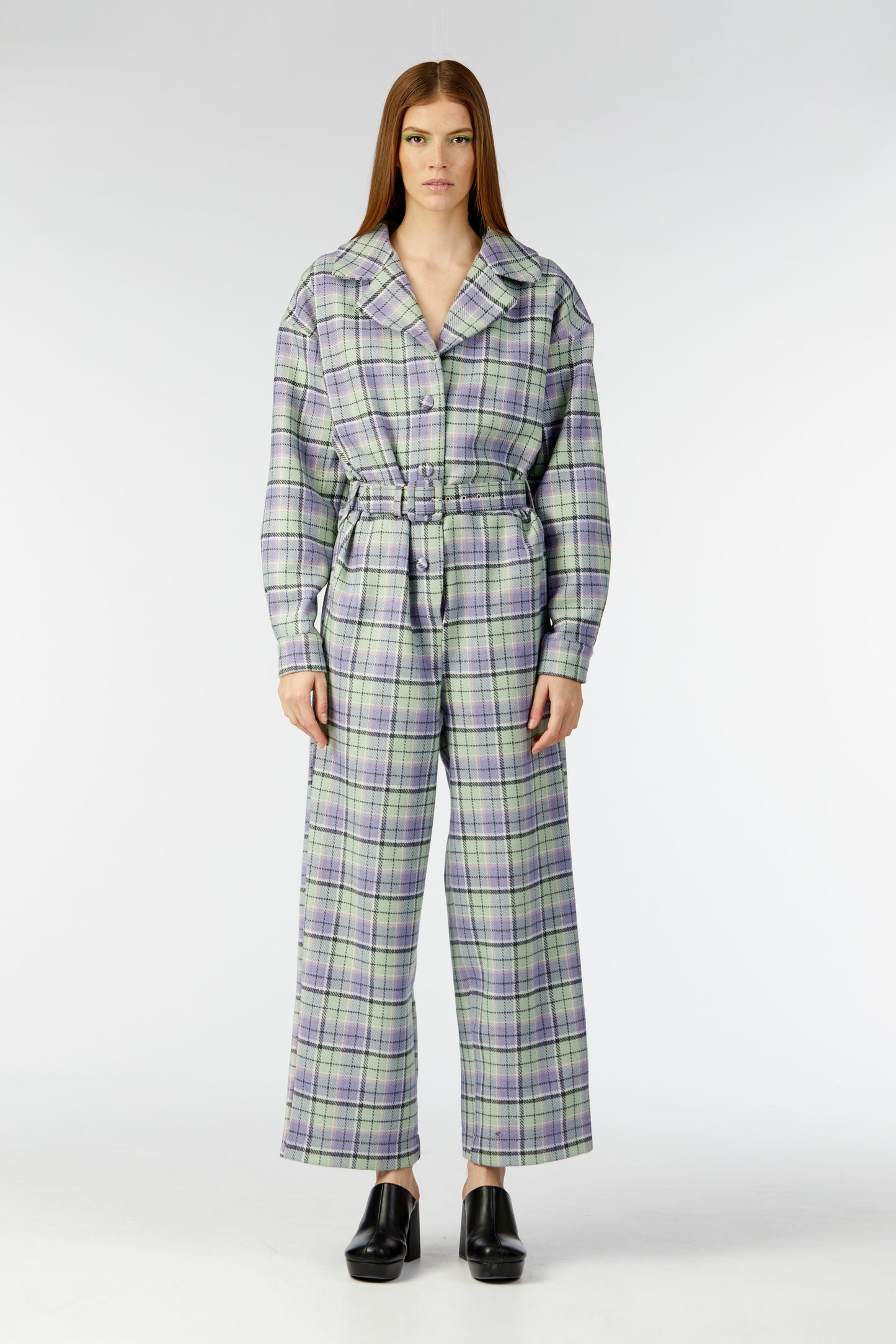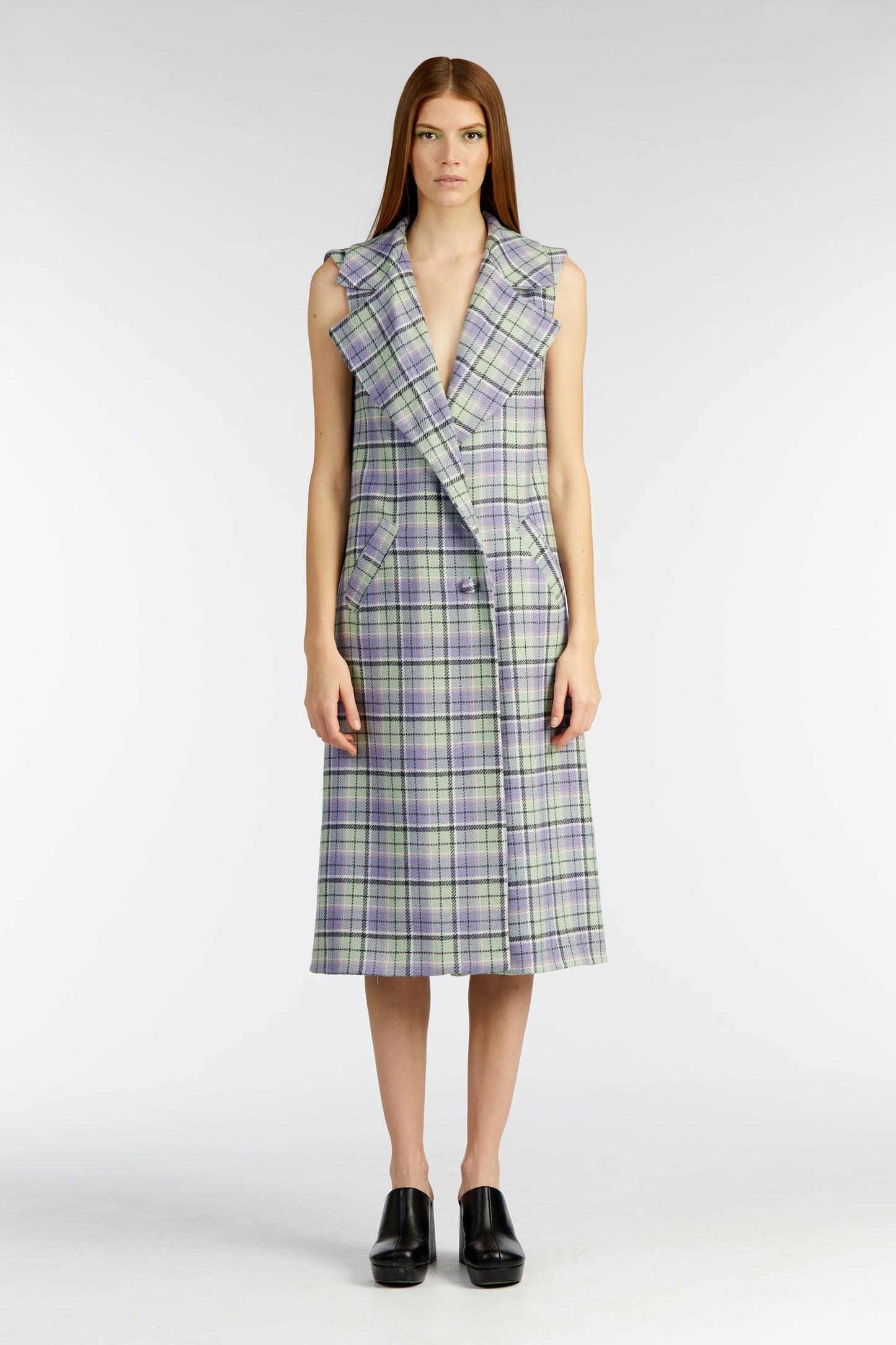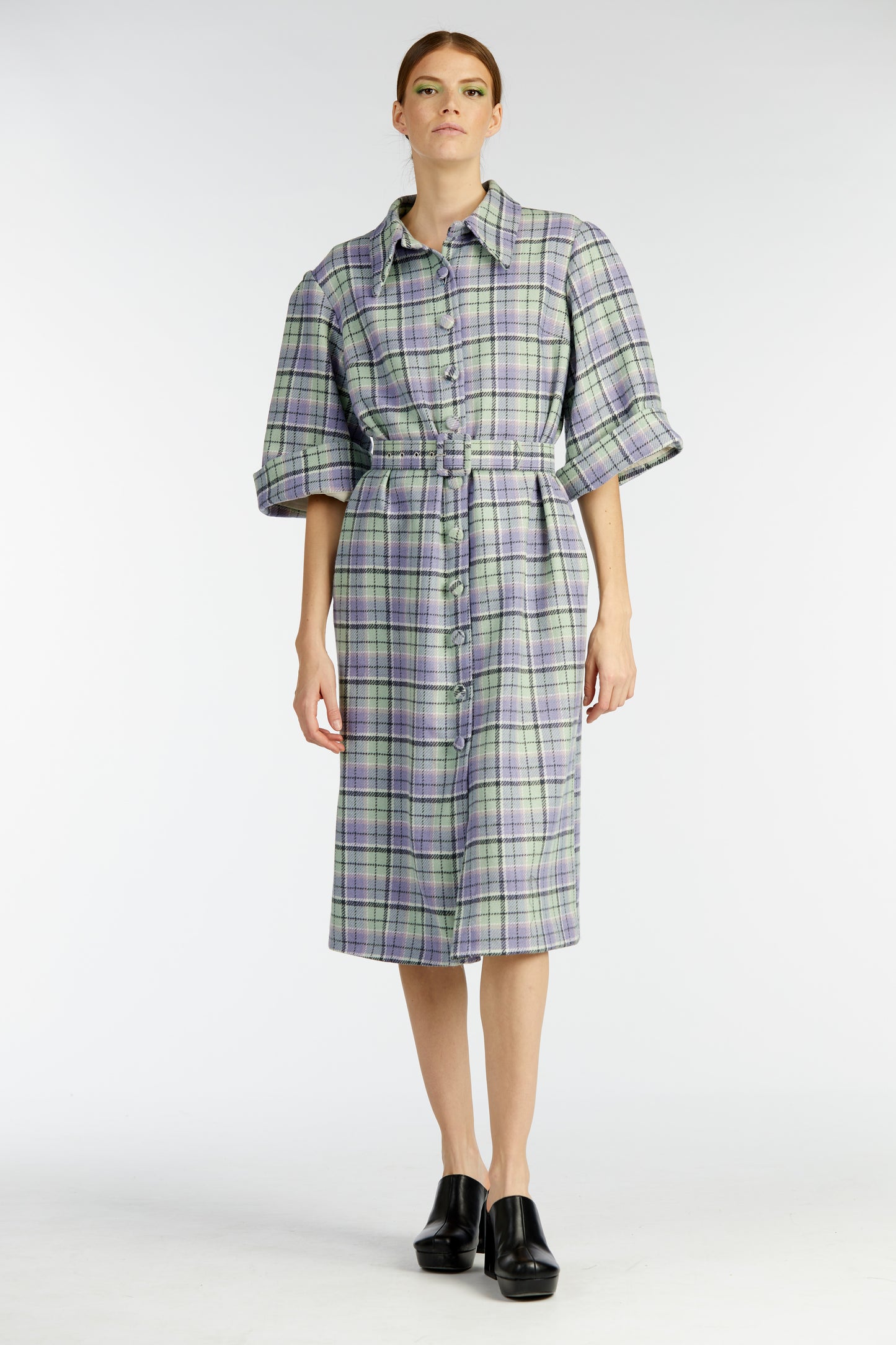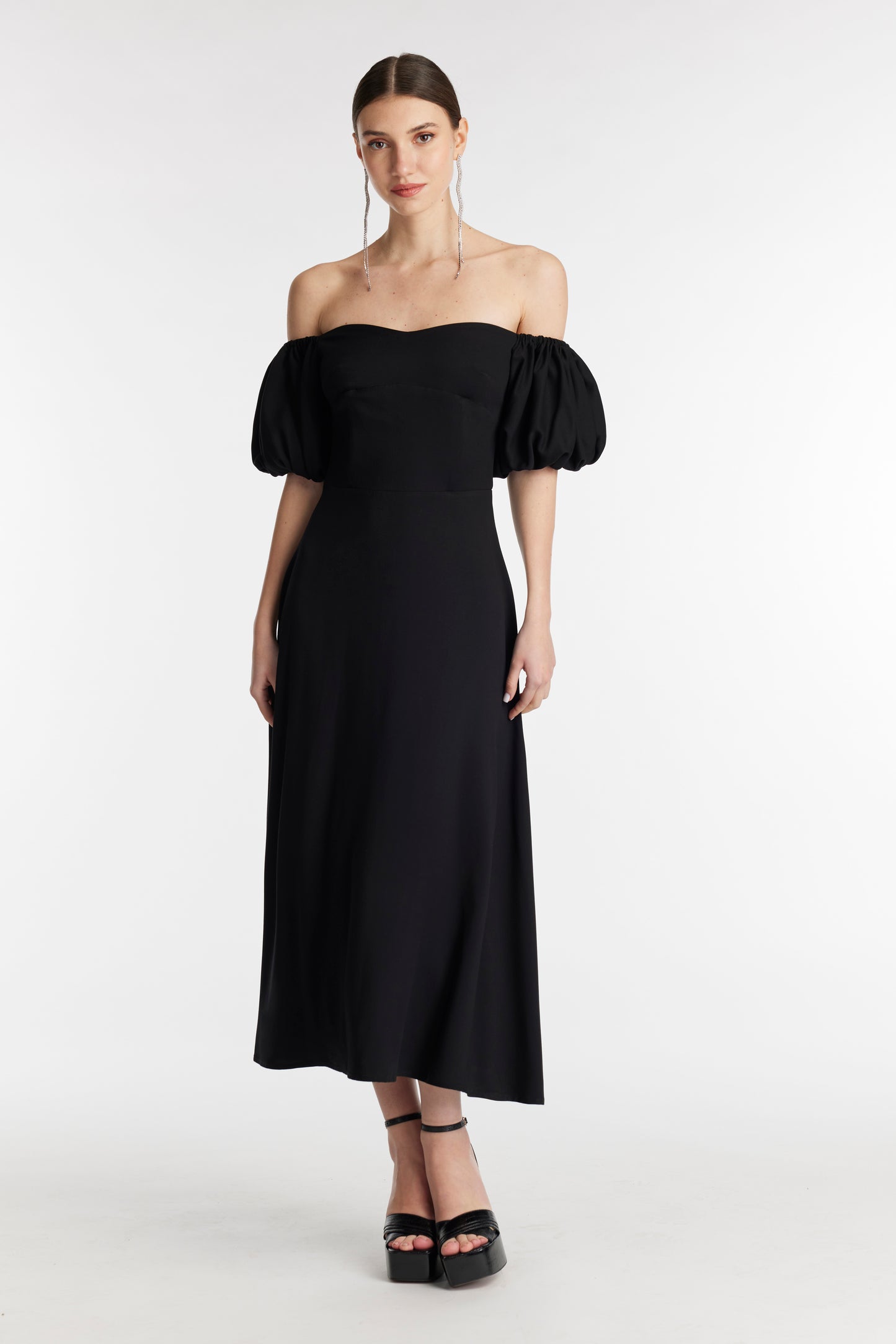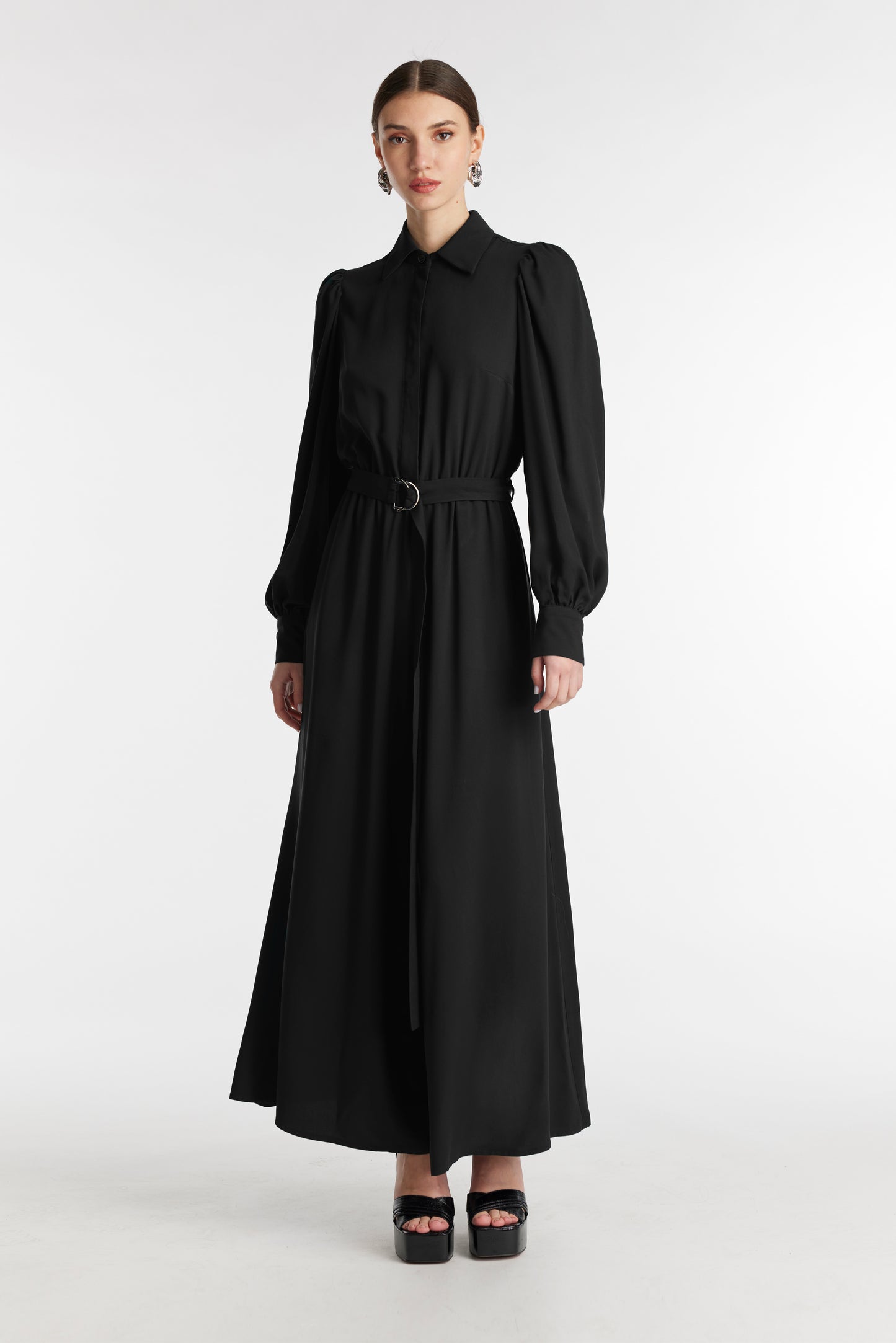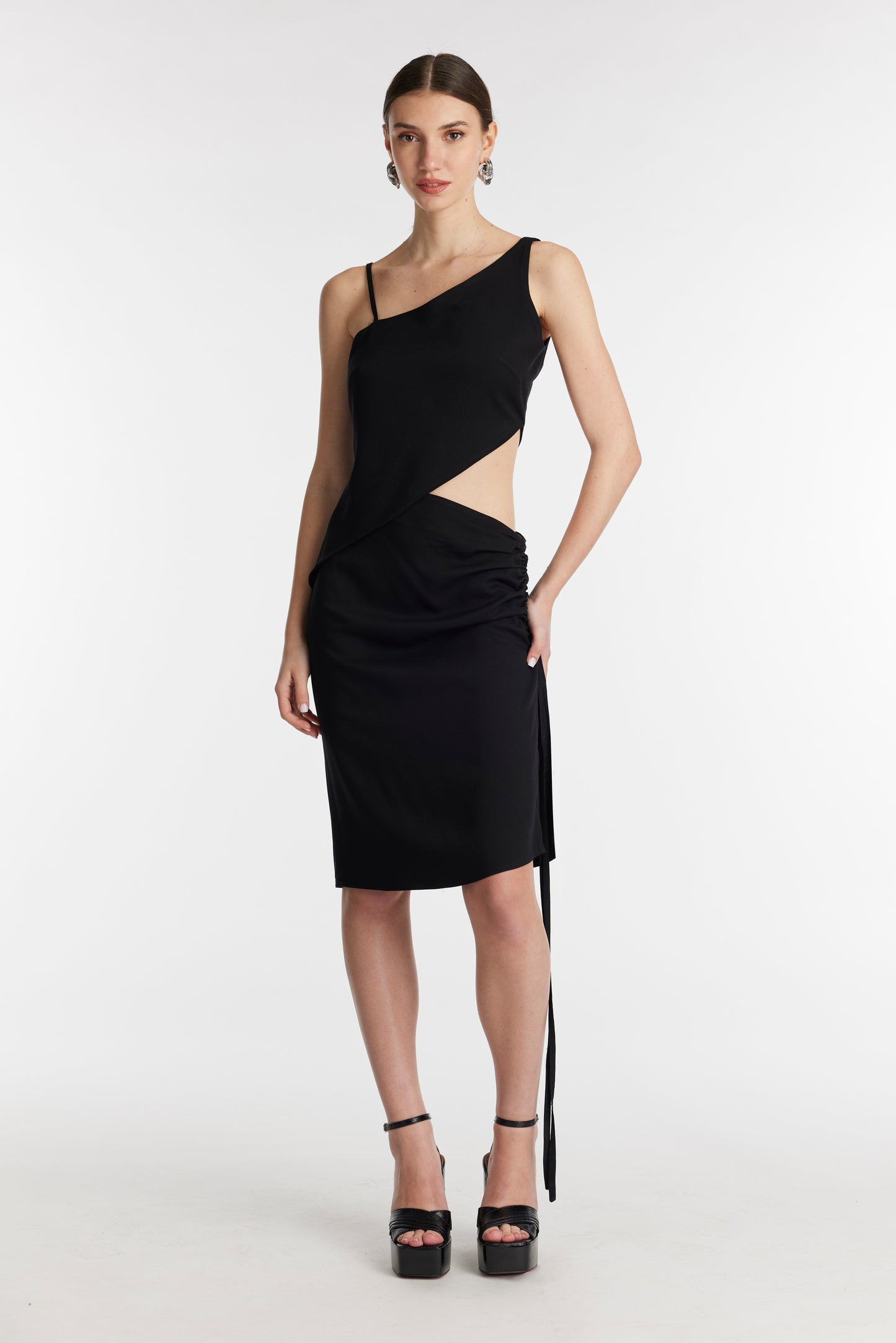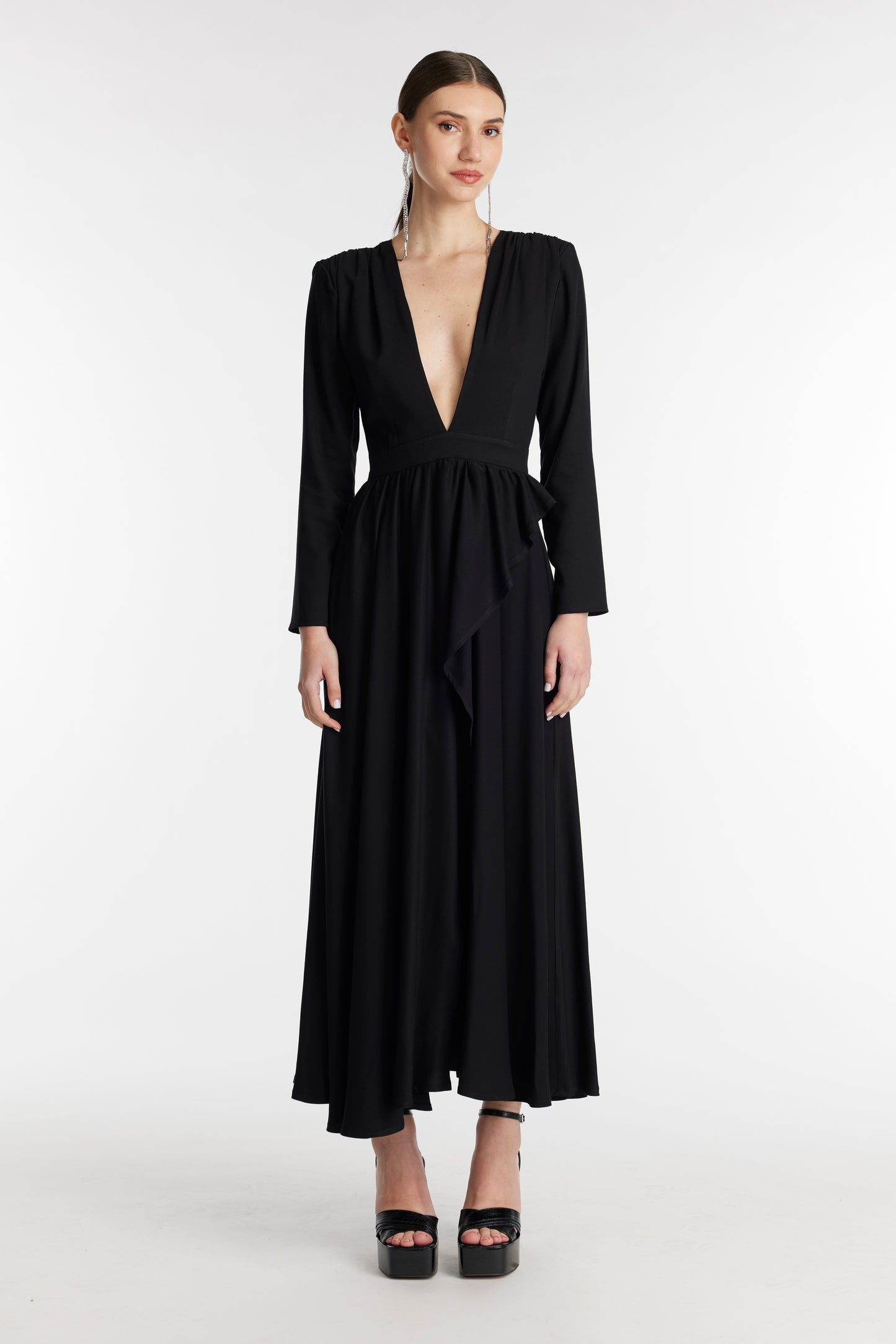
INFO ABOUT FABRICS

OEKO-TEX® LINEN
The OEKO-TEX® STANDARD 100 is a globally recognized label ensuring
textiles are free from harmful substances. It instills confidence in
customers, signifying a commitment to high product safety. Certification
involves thorough testing for up to 350 toxic chemicals, assuring
safety for everyday use. Products with this label pose no risk to human
skin.
The OEKO-TEX® STANDARD 100 is a globally recognized label ensuring
textiles are free from harmful substances. It instills confidence in
customers, signifying a commitment to high product safety. Certification
involves thorough testing for up to 350 toxic chemicals, assuring
safety for everyday use. Products with this label pose no risk to human skin.
Linen clothing boasts numerous advantages that extend beyond its well-known suitability for warmer weather. Here are key reasons to appreciate linen fabric:
- Highly Absorbent:
Linen has the capacity to absorb up to 20% of its weight in moisture. The natural hollow structure of flax fibers, from which linen is derived, facilitates quick absorption and release of sweat, keeping you cool on hot days. - Great Thermoregulation:
Beyond its effectiveness in warm weather, linen also provides a warming effect in cooler temperatures. The unique structure of flax fibers helps retain heat, making linen suitable for various seasons. - Hypoallergenic:
Linen is hypoallergenic, making it a suitable choice for individuals
with sensitive or allergic skin. It is certified by OEKO-TEX® Standard
100, ensuring safety and skin-friendliness, even for babies. - Anti-Static:
Unlike materials such as satin or wool, linen clothing does not collect static electricity. moreover, it can reduce static in a person’s body, preventing clinginess. - UV Protection: Linen acts as a protective shield against solar radiation, reducing gamma radiation by approximately 50%.
- Eco-Friendly:
Derived from the flax plant, which predominantly grows in Northern
Europe, linen is organic and eco-friendly. It is the second strongest fabric after silk, being about 30% stronger than cotton. These characteristics contribute to a more durable and sustainable fabric, aligning with minimalist and environmentally conscious lifestyles.
In essence, the multifaceted benefits of linen make it a versatile and environmentally responsible choice for clothing, catering to comfort, health, and sustainability.

ORGANIC COTTON
Organic cotton stands out as the premier cotton choice, praised for its environmental friendliness, its positive impact on producers, and the well-being of those who wear it. This preference stems from its exceptional breathability, ensuring comfort in both warm and cool seasons, and its ability to extend wear between washes, contributing to reduced water and energy consumption compared to synthetic fabrics.
The endorsement of Global Organic Textile Standard (GOTS) certified organic cotton is particularly strong at Nomads. Cultivated through methods that replenish and sustain soil fertility without the use of harmful chemicals, GOTS-certified cotton emerges as an eco-friendly and socially responsible choice. Not only is it better for the environment, but it also enhances the livelihoods of cotton growers. Importantly, GOTS-certified organic cotton is naturally biodegradable, further emphasizing its sustainability.
What is organic cotton?
Organic cotton is a variety produced without pesticides or synthetic chemicals. Employing natural and organic pest and weed control methods makes organic
cotton a safer choice for the environment, farmers, and consumers.
Characteristics of organic cotton:
Organic cotton boasts several superior characteristics compared to conventional cotton. It is softer, more durable, and more breathable. The absence of toxic chemicals in its production renders it less irritating to sensitive skin, making it less likely to cause allergies.
Uses of organic cotton fabric:
Organic cotton fabric finds versatile applications, commonly used in fashion for garments like shirts and t-shirts, as well as in home products such as towels and sheets. Its suitability for sensitive skin positions it as a preferred material for baby clothing, as well as everyday items like underwear and socks. Organic cotton fabric finds versatile applications, commonly used in fashion for garments like shirts and t-shirts, as well as in home products such as towels and sheets. Its suitability for sensitive skin positions it as a preferred material for baby clothing, as well as everyday items like underwear and socks.
Organic cotton and the environment:
The environmental impact of organic cotton is a compelling
reason for its preference. Unlike conventional cotton, which involves intensive pesticide and synthetic chemical use, organic cotton production employs natural and organic methods. This reduces toxic chemicals in the environment, promotes biodiversity, and supports soil and water health.
Benefits of using organic cotton fabric:
Aside from its positive environmental impact and benefits to farmers' health, organic cotton offers other significant advantages:
- Confort and Sensitivity: Softer and more comfortable than conventional cotton, making it ideal for sensitive skin or allergies.
- Durability: More durable and long-lasting than conventional cotton, providing a more profitable investment over time.
- Breathability: Ideal for sportswear and those requiring comfortable, breathable clothing for various activities.
- Biodegrability: Readily biodegradable and compostable, leaving no toxic waste in the environment, contributing to reduced landfill impact.
- Support for Local Communities: Organic means to support local farmers and rural communities, fostering the production of healthy and sustainable products and boosting the local economy.

ORGANIC WOOL
Wool stands as an exceptionally versatile fabric, gracing everything from snug knitwear and opulent tailoring to durable carpets and upholstery. Its global reputation for quality, however, comes with the caveat that not all wool is created equal.
In championing better animal welfare, organic wool adheres to stringent standards in the rearing, feeding, sheltering, and transportation of sheep. Cruel practices are unequivocally prohibited, prioritizing the well-being of animals. Organic farming takes a proactive stance against diseases, eschewing routine treatments with antibiotics, wormers, or pesticides.
The commitment to sustainable and non-toxic manufacturing is underscored by certifications such as GOTS (Global Organic Textile Standard). This ensures that chemicals used in textile processing meet exacting requirements for toxicity and biodegradability. Final organic wool products are rigorously limited in allergenic, carcinogenic, or chemical residues, guarding against potential health issues such as allergies, skin rashes, or respiratory problems.
Positioned as an ethical and sustainable alternative to traditional wool production, organic wool, certified by GOTS or OEKO-Tex, brings forth three pivotal benefits encompassing the environment, animal welfare, and human health.
Stringent restrictions on chemical usage in both agricultural and fiber processing stages uphold environmental safety standards.This approach mitigates the release of toxic residues into water systems,contributing to soil health. Moreover, organic wool production emphasizes sheep grazing, fostering land fertilization, biodiversity, and an entirely organic diet.
In terms of animal welfare, organic certifications mandate that sheep must roam and graze freely in their natural habitat, ensuring humane conditions that stand in stark contrast to exploitative factory farms. The well-being of organic sheep is paramount, with meticulous considerations given to their food, shelter, and transport, aimed at minimizing stress and discomfort. A preventative approach to diseases further diminishes the routine use of antibiotics and pesticides.
Concluding the trifecta of benefits, organic wool emerges as a superior choice for human health. The stringent restrictions on chemical use in organic clothing production eliminate toxic residues associated with traditional fabric production. This shift away from harmful substances mitigates the risk of allergies, rashes, carcinogenic effects, respiratory problems, and potential damage to the nervous system.
Without question, organic wool stands out as a discerning choice that aligns with the well-being of people, animals, and the planet.
The organic wool fabric in our collection is sourced from a reputable family-owned company based in France.

LENZING™ECOVERO™
LENZING™ ECOVERO™ distinguishes itself from generic viscose through a significantly reduced environmental impact during production.
The commitment to fostering a cleaner and greener world is evident in the approach, emphasizing minimal resource consumption and waste generation.
Biodegradability
Biodegradability is a key feature of the cellulose fibers.
LENZING™ ECOVERO™ fibers are designed to seamlessly return to nature, ensuring no adverse effects on the environment and contributing to the maintenance of clean water sources.
Lower water impact
In the realm of water usage, fiber production distinguishes itself by utilizing up to 50% less water compared to generic viscose. The focus extends beyond efficiency to water quality, prioritizing the thorough purification of used water before its return to nature.
Lower CO2 emissions
Addressing climate change, the production of LENZING™ ECOVERO™ boasts a 50% reduction in CO2 emissions, as verified by the Higg Material Sustainability Index. This significant decrease underscores the commitment to combating climate change and aligning with sustainable practices.
*The Higg MSI
(Materials Sustainability Index) is the industry's most trusted tool at
the material selection stage of the supply chain. It helps you understand the cradle-to-grave impacts of different materials (such as textiles, plastics, metal and leather) and how processing decisions can change those impacts.
Sustainable wood source
The sourcing of fibers reinforces sustainability, with LENZING™ ECOVERO™ deriving from certified, renewable wood sources.
This process adheres to high environmental standards, aligning with the dedication to fostering a sustainable lifestyle and a pristine environment. The raw material, wood, originates from FSC® (Forest Stewardship Council) or PEFC™ (Programme for the Endorsement of Forest Certification) certified and sustainably managed forests, as recognized by the non-profit environmental protection organization Canopy, consistently ranking Lenzing among the top global viscose producers in terms of sustainability.
CHARACTERISTICS OF THIS FABRIC
In terms of wrinkle and crease resistance, ECOVERO™ naturally possesses these qualities. However, like any fabric, occasional wrinkles may emerge. To remedy this, a simple touch-up with a steamer or a gentle pass with a steam iron at a lower heat, following care label instructions, can prove effective.
Allowing the fabric to hang for a few hours naturally diminishes wrinkles, and storing it neatly folded in your wardrobe is a preventive measure against wrinkles and creases.
In terms of the tactile experience, ECOVERO™ typically offers a luxuriously soft feel, similar to fabrics like Tencel or Modal.
ECOVERO stands out for its exceptional breathability, especially when compared to cotton. This is attributed to its fabric structure, promoting moisture-wicking and easy air passage.
The fibers are not only soft to the touch but also water-absorbent and
quick-drying. Moreover, they exhibit resistance to moths and mildew.

